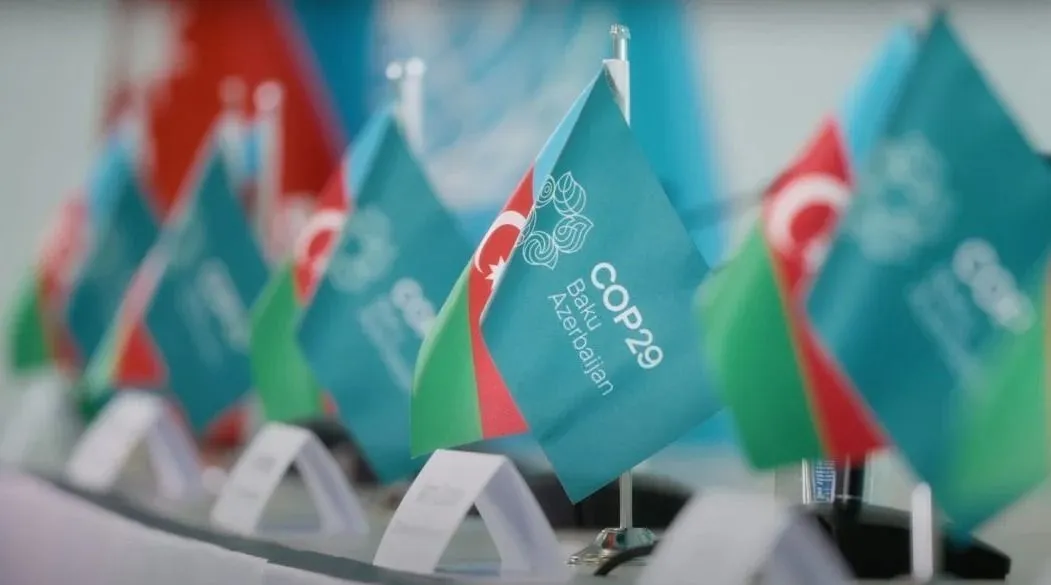
During COP29, the UN climate conference in Baku, Azerbaijan, participating countries approved a set of standards for carbon credits.
The measure, approved this Monday, 11th, is seen as fundamental for the launch of a global carbon market supported by the United Nations, aimed at financing projects that reduce greenhouse gas emissions.
The decision took place at the beginning of the conference, which will last two weeks, allowing the global carbon market to begin operations next year, according to negotiators present.
The event also included discussions on climate finance, but expectations for progress were tempered following Donald Trump’s recent victory in the United States elections. Trump has already indicated that he may withdraw the country from the Paris Agreement, which would impact the United States’ adherence to international initiatives to combat climate change.
International Assessment and Impact
Juan Carlos Arredondo Brun, former Mexican climate negotiator and currently linked to the company Abatable, emphasized the importance of the agreement: “It will bring us closer to operationalizing the carbon market before any party decides to withdraw from the Paris Agreement.”
The carbon market, according to the proposal, will allow countries and companies to offset their emissions by purchasing credits from projects that remove or reduce carbon dioxide in the atmosphere. Examples of projects include the planting of mangroves, which absorb CO2, and the distribution of less polluting stoves in rural areas.
The approval of the standards aims to ensure that carbon credit projects are credible by addressing concerns about the effectiveness of promised climate benefits.
However, some criticisms have arisen regarding the solidity of these standards, especially with regard to the human rights of the communities involved. Rebecca Iwerks, co-director of the Namati organization, warned of potential problems: “The lack of a robust standard could actually hinder market development.”
Criticisms of the Approval Process
The process of approving the standards was subject to controversy. Kevin Conrad, executive director of the Coalition for Rainforest Nations and former representative of Papua New Guinea, questioned the way the decision was handled: “We support what was done, but not the way it was done,” he said, noting It is due to the fact that the group of technical experts, which developed the standards, left some countries out of the decision-making process.
Outlook for the Global Carbon Market
With the creation of a structured global market, investor interest is expected to grow, generating an estimated transaction volume of US$250 billion per year by 2030. According to the International Emissions Trading Association, the initiative could lead to a reduction in 5 billion metric tons of annual carbon emissions.
The deliberations in Baku are seen as decisive in the global fight against climate change, although challenges remain, such as protecting local communities and ensuring inclusive participation in the development of standards.
Source: https://www.ocafezinho.com/2024/11/12/paises-aprovam-normas-para-credito-de-carbono-durante-cop29/

